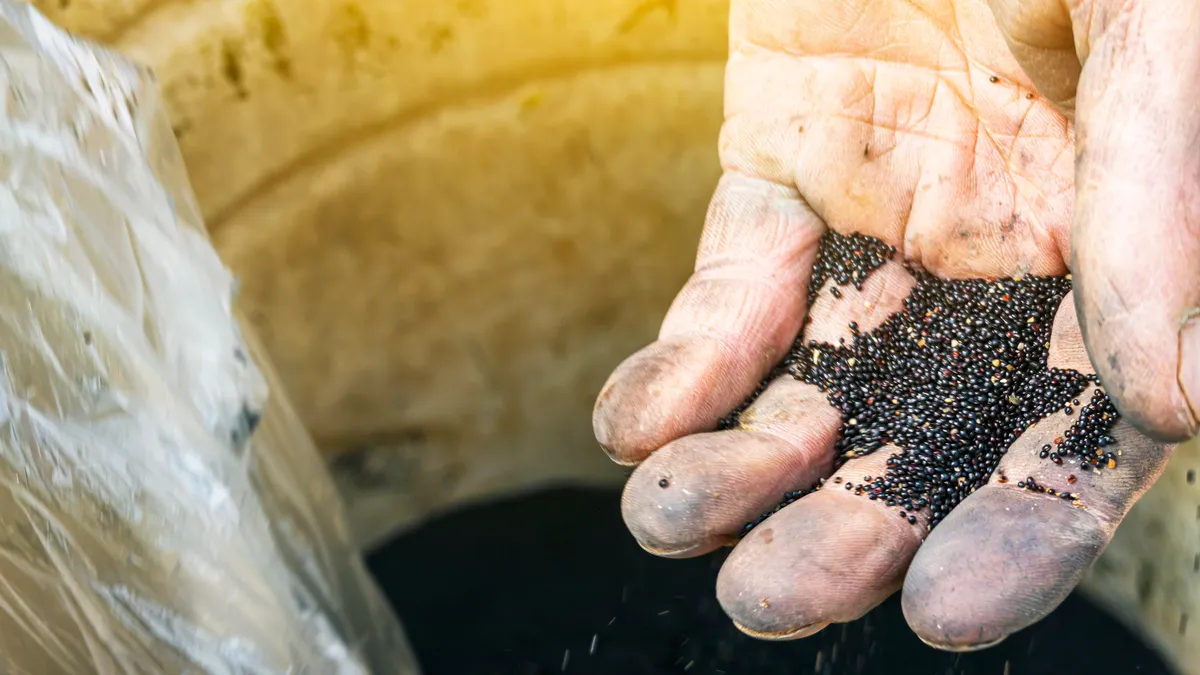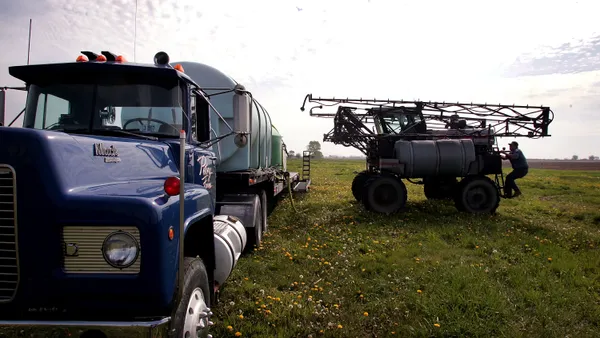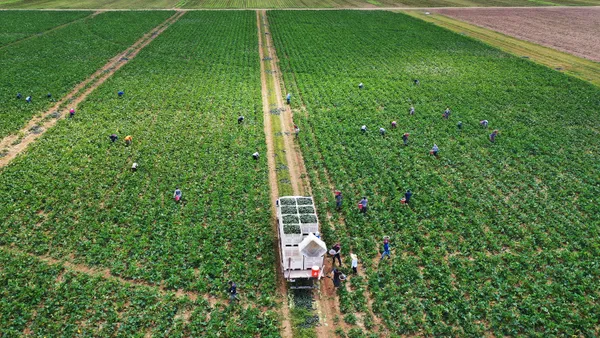Fertilizer manufacturer J.R. Simplot Co. reached an estimated $150 million settlement with the Environmental Protection Agency and the Department of Justice earlier this month over allegations that the company failed to properly handle hazardous waste at its manufacturing facility in Pocatello, Idaho.
The settlement will require the phosphate producer to implement changes to its processing to better handle hazardous materials. As part of the deal, Simplot will implement changes at its Don Plant to help the plant recover and reuse phosphate and avoid hazardous disposal, changes that are estimated to cost nearly $150 million.
In addition to the estimated $150 million, Simplot will pay a civil penalty of $1.5 million and provide $200,000 for environmental mitigation work that will be overseen by the Idaho Department of Environmental Quality, the City of Pocatello and the Shoshone-Bannock Tribes.
The manufacturer must also create a plan for the long-term care and future closure of the stacks of waste from fertilizer production, known as phosphogypsum stacks, and implement protections for the surrounding environment.
“This is an important settlement which reduces the environmental impacts from one of the leading fertilizer manufacturers,” Larry Starfield, acting assistant administrator of EPA’s Office of Enforcement and Compliance Assurance, said in a statement. “This settlement advances EPA’s goals by creating environmentally beneficial waste management practices.”
Simplot must have financial assurance of $108 million available when it comes time to close the phosphogypsum stack, which is expected to occur by the end of 2025, according to the company.
“This more than 500-page settlement, which took over 15 years to achieve, provides for additional recovery of phosphate in our production process and other environmental protection measures associated with the handling of our ore processing materials and wastes,” the company said in a statement to sister publication Manufacturing Dive. “This settlement is part of our work to continue to provide important crop nutrients throughout North America to help feed a growing population.”
The plant is also located near the Fort Hall Reservation of the Shoshone-Bannock Tribes and adjacent to the Portneuf River, which migrates to an area tribal members used for hunting, fishing and gathering, according to the Department of Justice’s consent decree for the case.

The The Pocatello facility uses phosphate ore mined at Simplot’s Smoky Canyon Mine in Idaho to produce phosphoric acid, approximately 60 miles away from its production site. The chemical is then used in Simplot’s liquid and dry products, such as fertilizer and animal feed ingredients.
While the facility’s waste from phosphoric acid production processes is not hazardous, the waste after the phosphorus rock dissolves in an acidic solution, called phosphogypsum, is dangerous as it gathers the concentrated uranium, thorium and radium from the rock and becomes more radioactive, according to the EPA.
Under EPA regulations, phosphogypsum must be disposed into a stack so it can thicken, dry out and reduce radioactive gas.
Simplot’s Pocatello plant also uses water in various aspects of this process, creating hazardous wastewater containing harmful flourides that are then released into the air due to the plant’s cooling towers, according to the EPA and DOJ complaint.
The Pocatello plant allegedly leaked the hazardous stack wastewater into the water and soil, which migrated into the nearby Portneuf River.
“This settlement will bring important benefits to Idaho and the communities that have been affected by the Don Plant’s operations,” Josh Hurwit, U.S. Attorney for the District of Idaho, said in a statement.












